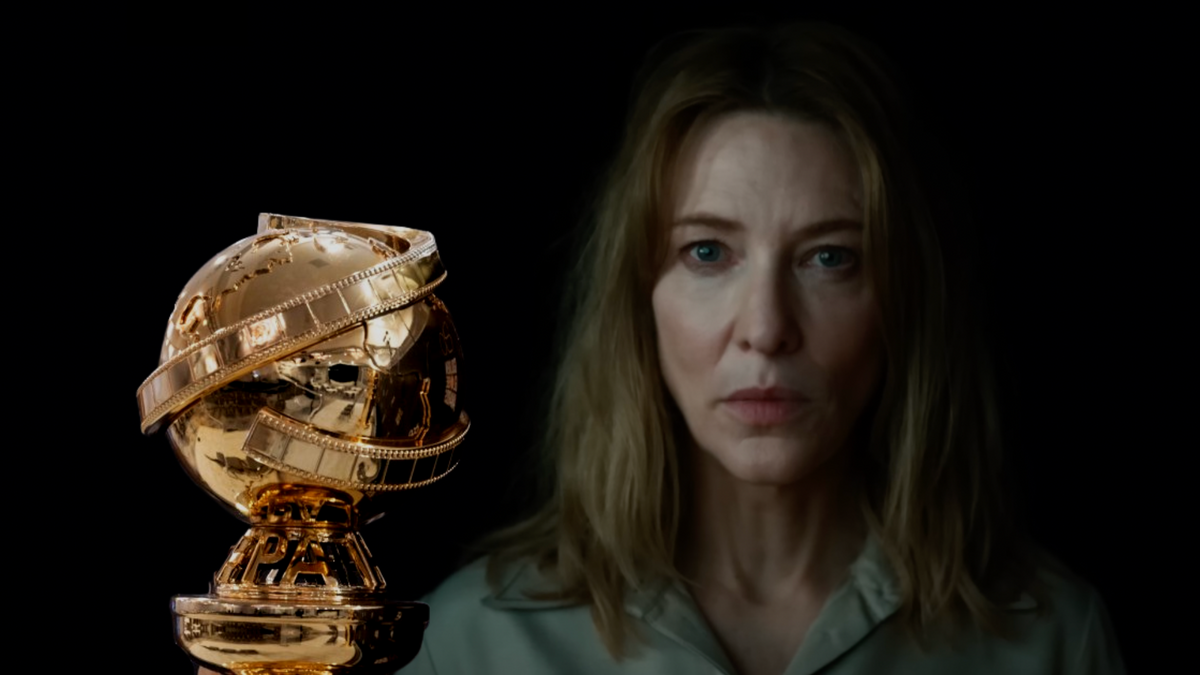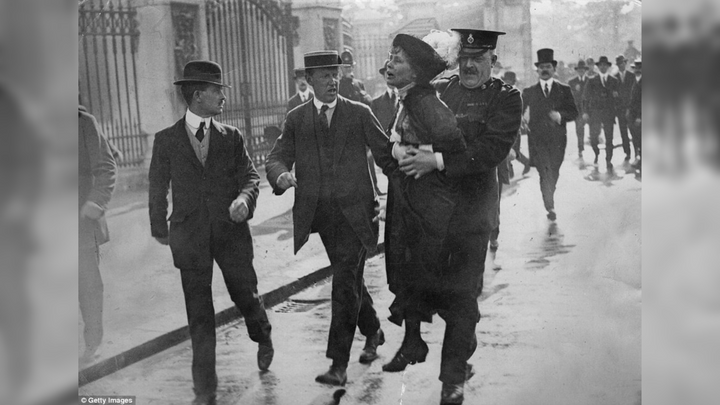Do Accomplished Women Sexually Abuse Those in Their Power?
Cate Blanchett’s Golden Globe award suggests that Hollywood wants you to think they do.

Blanchett is a great actress but in Tár, she plays a caricature of an arrogant, sadistic Great Woman Conductor who happily destroys the life of a young, aspiring female conductor and who, like men, sexually preys upon whomever she fancies.
In my first review of this film, I did not focus on Blanchett character’s abuse of power sexually, partly because I missed it/or really did not believe it. While some women do abuse their own children and are indirectly aggressive towards each other, compared to men, women rarely abuse their power in sexual ways. Some do. A handful of women teachers have affairs with their male students—and they are also found out and punished far more frequently than the greater number of men who do the same thing.
Jane Gallop wrote a book about her having publicly kissed two graduate students—and then been accused of “sexual harassment.” Gallop insists that feminist pro-sex revolutionaries have a complicated—a Socrates-like—view of sex between professors and students.
Women pimps or madams act as enforcers and sometimes demand sexual favors from the younger women under them.
But, as I wrote, Blanchett’s character is not real. Nor is it representative. But now that she’s won a Golden Globe I must ask: Is this film some kind of payback for the celebrity men whom the #MeToo movement brought down? Bill Cosby, Matt Lauer, Bill O’Reilly, Harvey Weinstein?
Is Hollywood director Todd Field saying “How does it feel now that the shoe’s on the other foot?” “How would you like it if the world took down one of your shining stars?”
On the one hand, why would director Field have to turn a rather rare portrait of a genius-woman into a male-style sexual abuser?
Blanchett is a woman and a lesbian woman. She is a Vagina Dentata, a Medusa, a Fatal Attraction Maniac, a Witch. She is a stereotype of why some men hate and fear women and why they believe their misogyny is justified—is even a form of self-defense. Blanchett is also au courant in terms of Hollywood’s penchant for hired female assassins, police officers, FBI agents, and civilian women who shoot men down, housewives turned vigilante revenge killers.
But why depict a successful female artist in so ugly a way? Why bother exposing and punishing such a rare, or an unreal character? One of our famed, real woman conductors, Marin Alsop, has also taken offense. I will let her have the last word.
“‘So many superficial aspects of ‘Tar’ seemed to align with my own personal life. But once I saw it I was no longer concerned, I was offended: I was offended as a woman, I was offended as a conductor, I was offended as a lesbian.’”
“‘To have an opportunity to portray a woman in that role and to make her an abuser – for me that was heartbreaking,’ she continued. ‘I think all women and all feminists should be bothered by that kind of depiction because it’s not really about women conductors, is it? It’s about women as leaders in our society. People ask, ‘Can we trust them? Can they function in that role?’ It’s the same questions whether it’s about a CEO or an NBA coach or the head of a police department.’”
“‘There are so many men – actual, documented men – this film could have been based on but, instead, it puts a woman in the role but gives her all the attributes of those men. That feels antiwoman. To assume that women will either behave identically to men or become hysterical, crazy, insane is to perpetuate something we’ve already seen on film so many times before.’”
Despite the identity and trans movements, we know that men and women are not the same; that many men commit sexual crimes and that women mainly do not. Men rape and while exceptions do exist, women mainly do not and cannot. Despite liberal feminist myth, women do not have to be the “same” in order to deserve equality. Women are as complex as men, are capable of being victims and victimizers, but not necessarily in sexual realms.
Men kill more often than women do. Who is responsible for the school shootings, mall shootings, and for homicidal violence in general? Not all men, never that. All men are not rapists but rapists are men 99% of the time. Not all men are homicidal maniacs—but most homicidal maniacs happen to be men.
4W provides a platform for over 70 feminist writers in countries spanning the globe. This work is made possible thanks to our paid monthly subscribers. Join today to support our work!
Enter your email below to sign in or become a 4W member and join the conversation.
(Already did this? Try refreshing the page!)





Comments